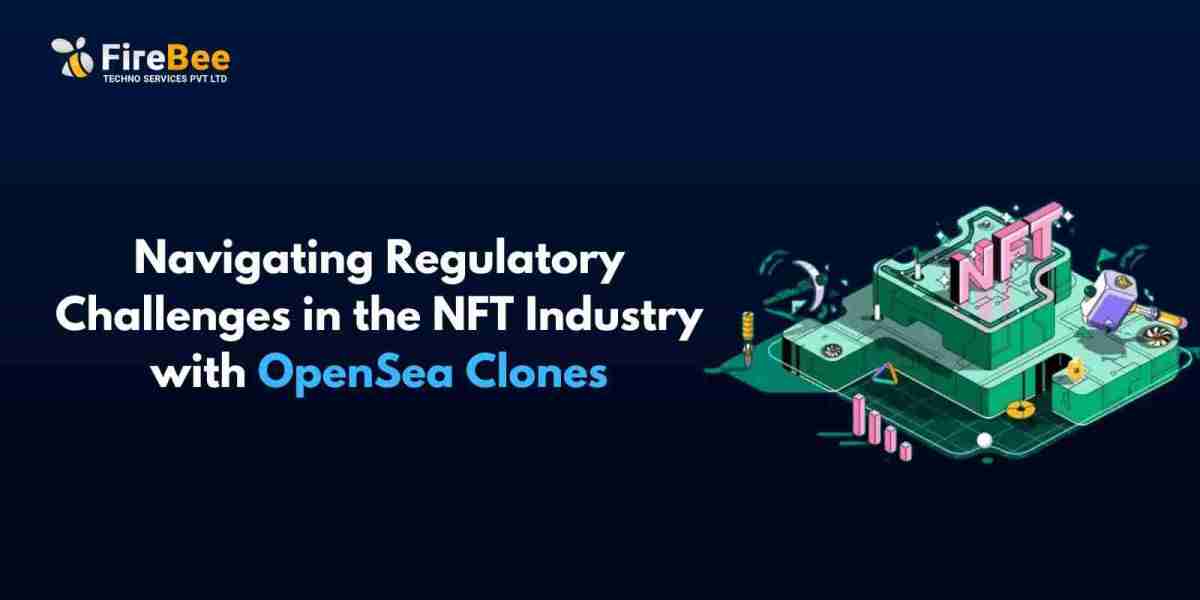In the fast-paced world of digital assets and non-fungible tokens (NFTs), entrepreneurs are increasingly drawn to the idea of creating their own NFT marketplaces. With the popularity of OpenSea and its successful business model, OpenSea clones have emerged as a solution for those looking to enter the NFT market. However, as the NFT industry grows, so do regulatory challenges. In this blog, we'll explore how entrepreneurs can navigate these challenges when using OpenSea clones to build their NFT platforms.
Understanding the Regulatory Landscape
Before diving into the world of NFT marketplaces, it's essential to understand the regulatory landscape. The NFT industry, like any other, is subject to various laws and regulations that vary by country and jurisdiction. Here are some of the main areas of concern include:
Securities Laws: In some cases, NFTs may be considered securities, especially if they promise returns or are sold as investment opportunities. Entrepreneurs must be aware of securities laws and compliance requirements in their region.
Intellectual Property Rights: NFTs often involve the sale of digital art and other creations. Ensuring that creators' intellectual property rights are respected is crucial to avoiding legal disputes.
AML and KYC Regulations: Anti-money laundering (AML) and know-your-customer (KYC) regulations are essential for preventing illegal activities, such as money laundering, through NFT marketplaces.
Taxation: NFT transactions may be subject to taxation, and the rules can vary greatly from one location to another. Entrepreneurs must be prepared to handle tax obligations.
Best Practices for Entrepreneurs
To successfully navigate regulatory challenges in the NFT industry with OpenSea clones, entrepreneurs should consider the following best practices:
Consult Legal Experts: Seek legal advice from professionals who specialize in blockchain and NFT regulations. They can help you understand and comply with the relevant laws in your jurisdiction.
Stay Informed: The regulatory environment for NFTs is evolving. Stay up-to-date with the latest developments and adapt your platform accordingly.
Implement Robust Security: Security breaches can lead to legal troubles. Invest in robust cybersecurity measures to protect your platform and users.
Transparent Governance: Clearly define and communicate your platform's governance model to users. Transparency can build trust and help you remain compliant.
Community Engagement: Engage with your user community and seek feedback. They can often help identify potential compliance issues.
Conclusion:
Navigating regulatory challenges in the NFT industry is a complex task, but with the right approach and the support of OpenSea clones that prioritize compliance, entrepreneurs can build successful and legally sound NFT marketplaces. Remember that staying informed, seeking legal advice, and fostering transparency are key to long-term success in this exciting and evolving industry. Fire Bee Techno Services is a best opensea clone script provider. They offered top-notch opensea clone script at affordable cost for users. They are a trusted and reliable company for opensea clone script.



